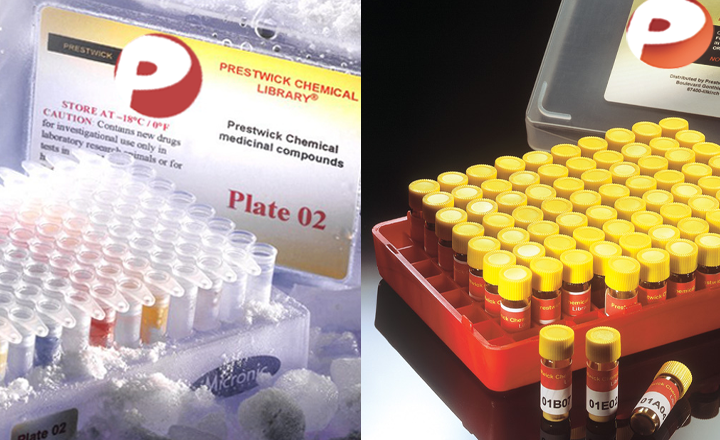Syrosingopine Enhances 20S Proteasome Activity and Degradation of α-Synuclein
Sadahiro, Y.; Nishimura, S.; Hitora, Y.; Tsukamoto, S.
J Nat Prod (2023)
Cellular proteins are degraded by the 26S proteasome in the ubiquitin-proteasome system in an ATP-dependent manner, whereas intrinsically disordered proteins (IDPs) are degraded by the 20S proteasome independent of ATP and ubiquitin.
The accumulation and aggregation of IDPs are considered to be the etiology of neurodegenerative diseases. Notably, the 20S proteasome has a cylindrical structure, and its gate on the α-ring is closed in the inactive form. The compounds that open the gate promote the degradation of IDPs and prevent their accumulation, and therefore, such compounds may be promising therapeutic agents for neurodegenerative diseases. After screening the Prestwick Phytochemical Library, several yohimbine-type and ergot alkaloids were identified that enhance the 20S proteasome activity. Among them, syrosingopine was the most potent activator of the 20S proteasome and enhanced the degradation of fluorogenic substrates and α-synuclein, an IDP. Furthermore, in HeLa cells, syrosingopine enabled the binding of a membrane-permeable fluorescent probe to the catalytic site of the 20S proteasome by opening the gate.


